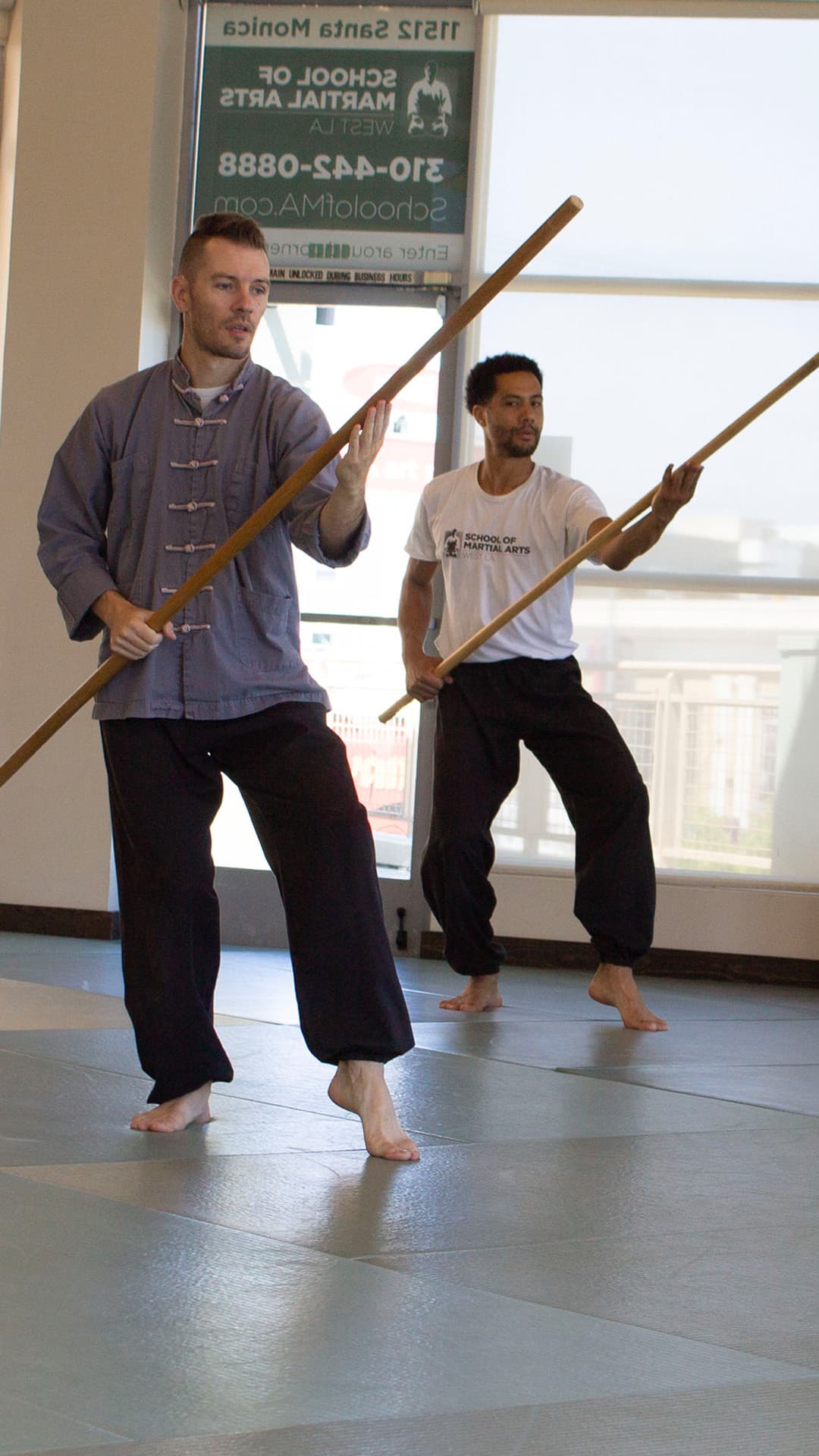New Year’s Resolutions
This is my favorite time of year. This is the time of year that lives can change.
When I started practicing martial arts with Sifu Brown I was 17 years old. I had never tried meditating before, nor had I really ever taken on a fitness or personal development regime of any kind outside of practicing Taekwondo years earlier. To be honest, I didn’t really care about anything except watching TV at that point in my life.
I began practicing and meditating regularly over the summer of 2001, and by winter I was completely hooked. I was at the dojo 4-5 days a week, usually attending 2-3 classes each day. As we approached the end of the year, Sifu Brown started talking about new year’s resolutions and goal setting. This was when I realized I had never set a real goal before.
For one thing, I was never interested enough in anything to set goals for it. Sure, I had a vague desire to do well in school and to not lose when I played tennis. This vague desire led me to have a C average and to try hard enough to not get cut from the tennis team. I don’t think I ever sat down and literally asked myself, “how can I get better at this?” and then actually came up with something concrete and helpful.
So when I asked myself that question for the first time about martial arts, I was unsurprisingly inept at answering it. Luckily for me and the other students, Sifu Brown was prepared for this. He laid out a few important guidelines that have been useful to me to this day in setting my goals each new year. My first
SMART goals
This is a fairly well-known acronym. Most commonly, it refers to:
Specific (instead of I want to be stronger, think I will get better at pushups)
Measurable (instead of I will do lots of pushups, think I will be able to do 50 pushups without rest)
Achievable (look at how you will actually accomplish it, and make sure it’s possible, as in I will add one more pushup every week until I hit 50)
Reasonable (or Realistic, as in, Is this something I can actually see myself doing?)
Timely (set a time-line, as in I will be able to do 50 pushups by the end of 2016)
Most people are way too loose when coming up with goals and end up with something like, “This year I’ll eat better” or “In 2016 I’ll work out more”. This kind of wordage isn’t very helpful. A SMART fitness goal would look like this:
***Starting January 1st, I will do pushups every other day. I will begin with 20 without rest and add 1 pushup every week. By August 1st, I will be able to do 50 pushups without rest.***
Make it Positive
The human brain works much better with positive than negative concepts. Rather than simply saying no to pizza, replace it with fruit and vegetables. Much of successfully keeping a new year’s resolution revolves around creating habits. If quitting smoking is your goal, you’ll need something to replace it with. Try something like, “In January, every time I want to smoke a cigarette I’ll chew a stick of gum.” It’s helpful to pair a positive affirmation with your goals as well. If you want to meditate every day, don’t say “I won’t miss a day of meditation.” You don’t intuitively know what to do with “won’t miss”. Make your affirmation “I am focused, I am calm. Every day I meditate”.





Frieda
Very helpful. Thank you!